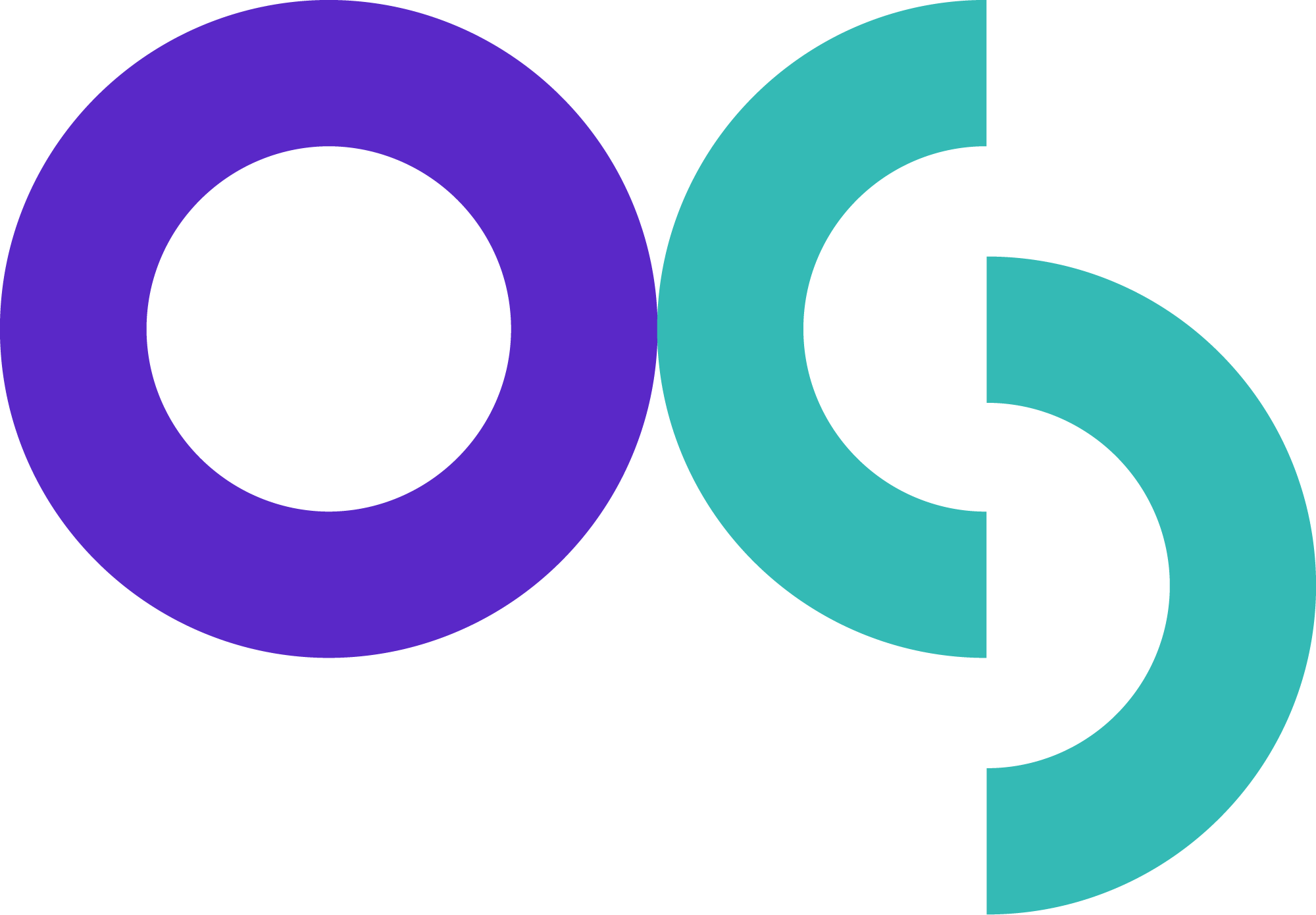Presentation of the 2024 Open Science Free Research Software Awards
The winners of the Ministry of Higher Education and Research’s second Open Science Free Research Software Awards have been announced. Eight software applications developed by French teams were rewarded for their contributions to the advancement of scientific knowledge or for their promising work in this field.
The Open Science Free Research Software Awards are part of the Second National Plan for Open Science and spotlight research projects and teams that work to develop and disseminate open source software thus contributing to the construction of a vital common good. These awards are in recognition of the production of open source software as both a contribution to and a result of research. They reward exceptional or highly promising achievements with potential to inspire both the scientific community and society as a whole. The prizes were awarded by a panel of experts chaired by Pierre Boulet, the University of Lille’s vice-president for digital infrastructures.
The Open Science Free Research Software Awards are divided into four categories rewarding established projects and promising initiatives alike. The jury presented one ‘winner’ and one ‘promising’ award in the following four categories:
- ‘Scientific and technical’
- ‘Community’
- ‘Documentation’
- The jury’s ‘Coup de Coeur‘ for an exemplary project combining several of the dimensions involved in these issues.
The prizes were awarded at the Assises Nationales des Données de la Recherche conference held in Marseille on November 26th 2024
PyMoDAQ: ‘Promising’ award in the ‘Scientific and Technical’ category
PyMoDAQ is an open-source solution for the acquisition of data from sensors (temperature, voltage, etc.) that can be interconnected with nearly 30 types of instrument. Since its creation in 2018, PyMoDAQ has been considered a serious alternative to ubiquitous proprietary data acquisition software. It is considered an exemplary software in its category because of its impact on the scientific community, its technical modularity, its high-quality documentation and its creators’ commitment to open science.
Ichthyop: ‘Promising’ award in the ‘Scientific and Technical’ category
Ichtyop is a software for the simulation of the propagation of organisms in ocean currents, the usage of which has been transferred to more environmental fields like the study of plastic drift in the ocean. The project began in 2022 and will help enhance our understanding of the ecology of commercial species of high economic importance. It also supports the implementation of marine conservation policies through study of the connectivity between marine protected areas and of the drift of non-living entities like microplastics, pollutants and marine debris.
ArcheoViz: ‘Promising’ award in the ‘Community’ category
ArcheoViz can be used for the representation and spatial analysis of archaeological data and for training archaeology researchers in spatial analysis. It has been in development since 2022 but 61 instances of the platform have already been rolled out. ArcheoViz has been translated into 7 languages which testifies to its wide distribution outside France. Extra features have been integrated to facilitate and promote the reproducibility and dissemination of analysis results.
PARI/GP: Winner in the ‘Community’ category
PARI/GP is a formal calculation system developed since 1983 for use by number theory researchers. It is now used all over the world by three main groups, namely professional mathematicians, students and amateurs with a passion for the distribution of prime numbers or the decimals of famous constants. PARI/GP has been cited in 1029 research articles and has been regularly cited since 2010 (< 30) with the rate rising since 2018 (> 45). The system is used by almost all number theorists worldwide, with an estimated user community of 25,000 people who can take part in regular week-long workshops including hacking sessions to facilitate the inclusion of new contributors.
DeepInverse: ‘Promising’ award in the ‘Documentation’ category
DeepInverse is a PyTorch-based library for the resolution of inverse imaging problems using deep learning. This Python library is already widely used despite only being made available in 2023. The open science approach is very well implemented, particularly through its very high quality documentation aimed at computer scientists.
scikit-rf: Winner in the ‘Documentation’ category
Scikit-rf is a library for the engineering and analysis of radio frequency systems that has been developed since 2009. It has over 80 contributors and users worldwide in the space, defence, telecoms and electronics sectors of industry and research. The scikit-rf Python library has been downloaded over 700,000 times since its creation, becoming the reference library for analysing radio frequency devices in a sector previously dominated by commercial software.
SPAM: ‘Promising’ award in the jury’s ‘Coup de Coeur’ category
SPAM (Software for Practical Analysis of Materials) is a software package for the quantitative analysis of data from 2D and 3D imaging applied to mechanics. Comprehensive and well-organised documentation is provided including detailed tutorials, tangible examples and a specific section for contributors. The project began in 2019 and features a modular architecture based on a library of atomic functions which encourages reuse and interoperability. The 100+ citations of the associated article are positive indicators of the package’s quality.
SOFA Framework: Winner of the Coup de Coeur’ award
SOFA (Simulation Open Framework Architecture) is an interactive mechanical simulation platform created in 2006. It has led to many scientific contributions (35 publications in 2023, 130 citations, 132 conference presentations, 21 theses) while 12 companies centred on the tool have been set up. There is an active community of developers and users in Europe, Australia and the USA and 48 plug-ins have been developed thanks to its documentation and contribution guide. SOFA has also been used for artistic projects and the open science approach is clearly displayed and well executed in all aspects of the platform.
Jury
The jury for the 2024 Open Science Free Research Software Awards was chaired by Pierre Boulet, the University of Lille’s vice-president for digital infrastructures. The members were:
- Alexandre Zapolsky (Linagora)
- Benoît Garçon (La Formule Nuagique)
- Brigitte Bigi (CNRS / Aix Marseille University)
- Bruno Khélifi (CNRS)
- Florence Sèdes (Université Toulouse III Paul Sabatier)
- Françoise Conil (CNRS)
- Guillaume Plique (Médialab Sciences-Po Paris)
- Lucas Nussbaum (National Institute for Research in Digital Science and Technology)
- Nicolas Roelandt (Gustave Eiffel University)





